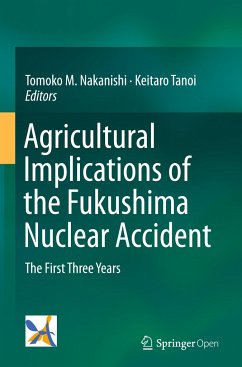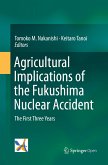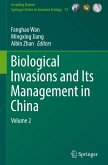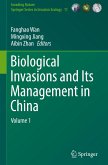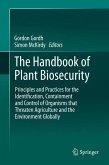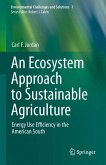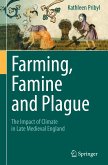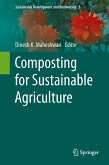This book reports the results from on-site research into radioactive cesium contamination in various agricultural systems affected by the Fukushima Daiichi Nuclear Power Plant accident that occurred in March 2011. This is the second volume from the research groups formed in the Graduate School of Agricultural and Life Sciences of The University of Tokyo who have published the initial data in their first volume. In this book, additional data collected in the subsequent years are presented to show how the radioactivity level in agricultural products and their growing environments have changed with time. The data clarify the route by which radioactive materials entered agricultural products and their movement among different components (e.g., soil, water, and trees) within an environmental system (e.g., forests). The book consists of various topics, including radioactivity inspection of food products; decontamination trials for rice and livestock production; the state of contaminationin wild animals and birds, trees, mushrooms, and timber; the dynamics of radioactivity distribution in mountain and paddy fields; damage incurred by the forestry and fishery industries; and the change in consumers' minds. The last chapter introduces a real-time radioisotope imaging system, the forefront technique to visualize actual movement of cesium in soil and in plants. This is the only book to provide systematic data about the actual change of radioactivity, and thus is of great value for all researchers who wish to understand the effect of radioactive fallout on agriculture. The project is ongoing; the research groups continue their work in the field for further evaluation of the long-term effects.
"Nakanishi and Tanoi (both, Univ. of Tokyo, Japan) have compiled a series of open access papers detailing research from the first four years after the Fukushima nuclear accident. ... the work provides clear insight into expectations from nuclear catastrophe, particularly within the framework of regulatory limits on radiation. ... this source will prove useful to those living near nuclear reactors. Summing Up: Recommended. Undergraduates through professionals and practitioners." (M. S. Coyne, Choice, Vol. 54 (2), October, 2016)

